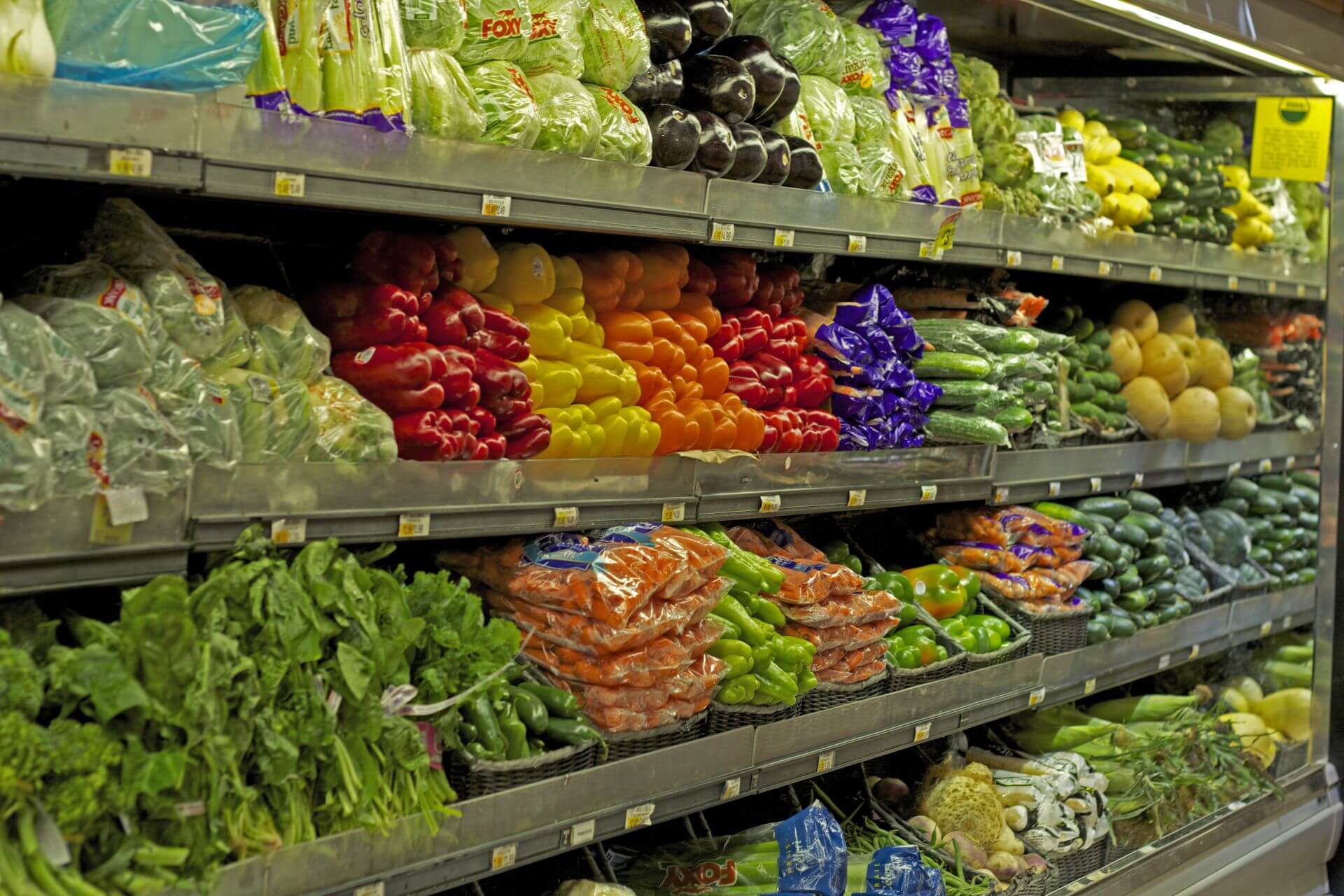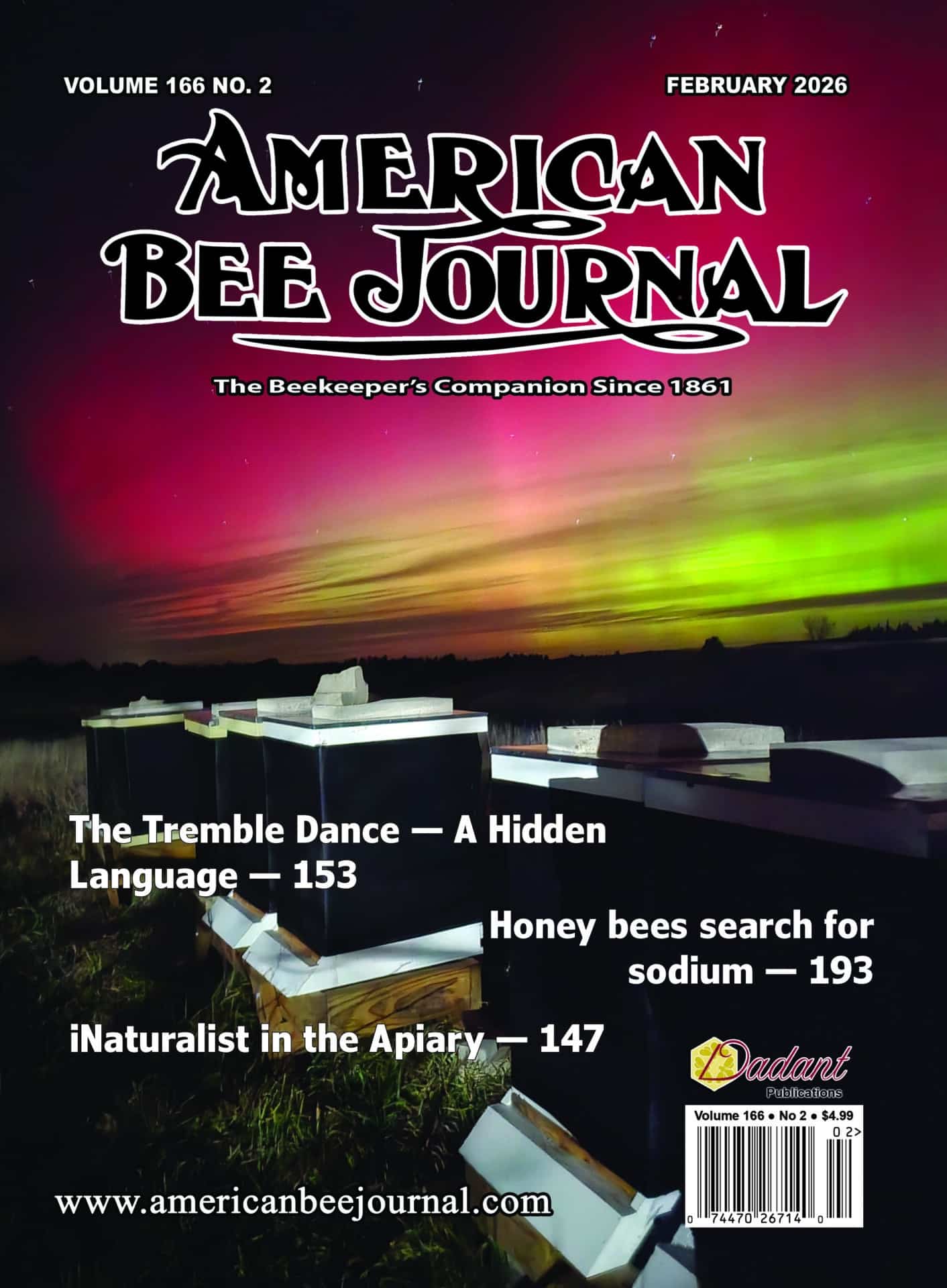
Parents can’t help but grin when their children insist that food comes from grocery stores. Where else? But many adults know little more than their kids, especially about modern farming. Many of us still envision Old MacDonald, the friendly farmer with the dog and the duck, the goat and the goose, surrounded by undulating hills that provide unlimited corn, potatoes, apples, pork, and milk.
Modern farms, even organic ones, are not inviting environments for man or beast, but somehow we hang onto the fiction of a “quack quack” here and a “moo moo” there. The pastoral image is more palatable than the reality of hungry harvesters, barns stacked with chemicals, and an office stuffed with computers, contracts, terms and conditions.
Growers worldwide tweak their operations in step with advances in agronomic science. Still, they have limits on what they can change and how fast, especially considering the burgeoning human population and the depletion of arable lands. It’s unfair to put growers in an impossible situation and then complain about their methods.
Those who choose not to consume animals nor use animal products often quote statistics on the number of animals killed each year for food. The body counts of chickens, fish, cattle, and hogs boggle the mind and compel many folks to embrace a plant-only diet.
The reasons for bee-free honey
Vegans exclude honey from their diet by definition. Historians credit both the definition and the term “vegan” to Donald Watson, an Englishman who first published his idea in 1944. A few months later, the Vegan Society of England adopted Watson’s model. He wrote:
Veganism is a way of living which excludes all forms of exploitation of, and cruelty to, the animal kingdom, and includes a reverence for life. It applies to the practice of living on the products of the plant kingdom to the exclusion of flesh, fish, fowl, eggs, honey, animal milk and its derivatives, and encourages the use of alternatives for all commodities derived wholly or in part from animals.
Because it’s included in the official definition, bee-produced honey is off-limits to vegans. Still, the phrase “vegan honey” confuses many people. Like fat-free half-and-half or dairy-free heavy cream, it defies logic.
Some people eat vegan honey to avoid the “exploitation of honey bees” by beekeepers, while others want to save native bees from competition with honey bees. These, of course, are different goals: One views honey bees as the victims and the other views them as the villains. But anyone who thinks that choosing vegan honey will somehow save any bees has lots of analysis to do…


